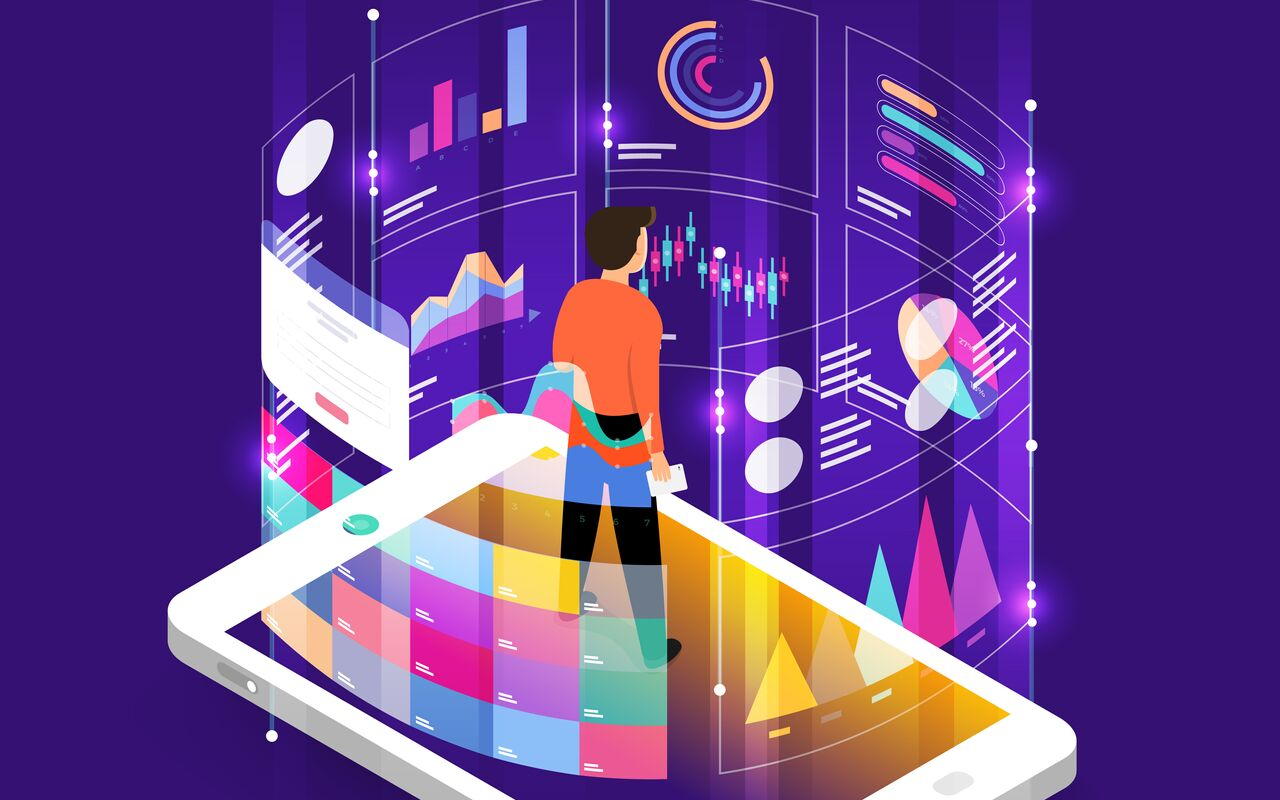Human Resource Information System (HRIS) is a compelling set of HRM features which work in tandem while managing the various complications of everyday HR functions. Its main feature is the management of HR procedures and policies along with the staff of the organization. Important processes are enclosed along with every HRIS which are fundamental to effective HR software.
While choosing a HRIS for the organization it is important to keep the following functionalities in mind;
1. A Consolidated Database:
Human Resource managers are finding it easier to collect, store and display information that is current and correct regarding the employees, policies and procedure of the organisation.
HRIS software helps storing all classified information in one single cloud-based software. This helps in promoting information incorruptibility along with curtailing costs and improvement in productivity.
Along with ease of use, a centralized database that is combined with the HRMS will aid virtualization. With this software, making changes or updating the master folder will reflect these changes throughout the system, thus saving time as well as manual labor and preventing any discrepancies throughout the Human Resource’s department function.
2. Recruitment and Onboarding
A distinct feature of the HRIS should be its applicant tracking system that helps evaluation of trends while coordinating with recruitment websites to get rid of the confusion during hiring. The onboarding function of the HRIS deals with a cloud-based HRMS that speeds up the process by allowing applicants to fill out the necessary forms online by using scanned documents. This makes the process user friendly and gets rid of unnecessary paper trails.
You might also be interested to read:All Set To Boom For The Next Big Revolution – The IT Job Market
3. Managing talent
The backbone of any organization is its employees. An effective HRIS which comprises a talent management function will reinforce the care of the staff by engaging them and helping in their development. Retention of employees is essential as hiring new talent is expensive therefore having a good HRIS is important.
4. Payroll
Many organizations still opt for individual systems to pay the staff. The need to use an HRIS isn’t as urgent to the employers. This may be owing to the fact that there is little understanding of the HRIS’s payroll system. In reality an HRIS payroll module can successfully process payroll services of large scale organisations without any hassles.
It is automatic and also offers self-service points for employees to review their salaries and tax deductions. HRIS also manages the attendance and accounting of employees thereby eliminating the need for manual calculations. This also removes the possibility of any errors. This decrease in clerical tasks also reduces the amount of paper trails involved while allowing the employees to review their payroll online with the designated server.
5. Attendance and timekeeping
HR software that helps in recording and tracking of employee timekeeping is slowly gaining popularity. The age-old technique involving a huge amount of paperwork is being replaced with a user-friendly payroll system. Leave requests, schedules, and absences can easily be monitored with the help of HR payroll software.
An HRIS function that keeps track of these is essential and is employee specific.
6. Training
HRIS enables organizations to offer HR training to their employees. This helps to improve the job satisfaction and promotes engagement of employees. The training also helps in retaining employees in the long run.
7. Ranking Module
It is easy to create development plans for specific employees if the key positions are analyzed. This is where the ranking module comes in. The key feature of this module is that it empowers companies to map the talent in the organization and rank them in terms of their capabilities.
You might also be interested to read: The Biggest HR Focus Area In The New Year 2020 – Effective Employee Training and Development
Human Resource Information System- The Pro’s
Mentioned below are the key benefits that the HR managers can receive by switching to a dedicated HRIS.
1. Creating reports and managing
The Human Resource Management Information System is extremely useful in tracking current and past employees that are present in the system. It can also keep track of the applicants. This proves to be beneficial to make reports using the module of HRIS which are insightful.
2. Ease of access
A cloud-based HRMS software is easy to use as it can be accessed from anywhere. An HRIS will help you to get your work done while on the go. Thus getting work done for an HR manager gets easy as all the information is available on one single module.
3. Human errors curtailed
Employee data in the HRI system is accurate as all the processes are automatically stored. This ensures optimum accuracy and the amount of manual labor required is extremely low.
4. Paper trail is reduced
A significant reduction in the amount of paperwork required is seen in organizations that are adapting to HRIS. All HR-related processes require paperwork and the volume of paperwork that goes into processing leave applications, recruitment and onboarding, payroll and the various training sessions extremely high. An online module is beneficial as this also helps HR to have a consolidated software to track documents and not waste time in each procedure.
5. Communication flow
HRIS software consists of a module that helps the Human Resources department to communicate with the employees and vice versa. This collaboration is useful to get work done at a faster rate with the least amount of mistakes.
The Correct Human Resource Information System For Your Organization
The revolution in the industry of HR software has been phenomenal. Earlier distributed as single modules such as HRM tools and Human Capital management are being combined together as one HRIS.
It would be safe to say that investing in an all inclusive HRIS cloud would be more effective than purchasing individual modules for various tasks as it would be counterproductive to switch between multiple modules.
References:
- “What to Expect When You’re Implementing a New HRIS?” By Shivasankari Bhuvaneswaran November 18, 2019 for HR Process
- “The Best H.R. Software For Your Business” By Brian Rashid May 12, 2017
Related Topics:






